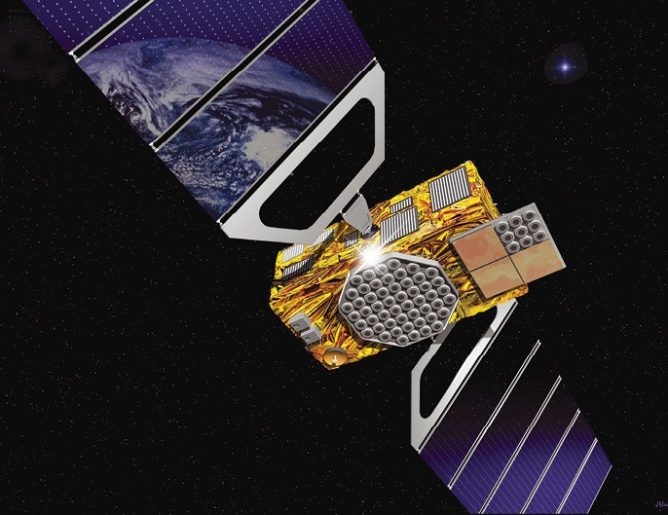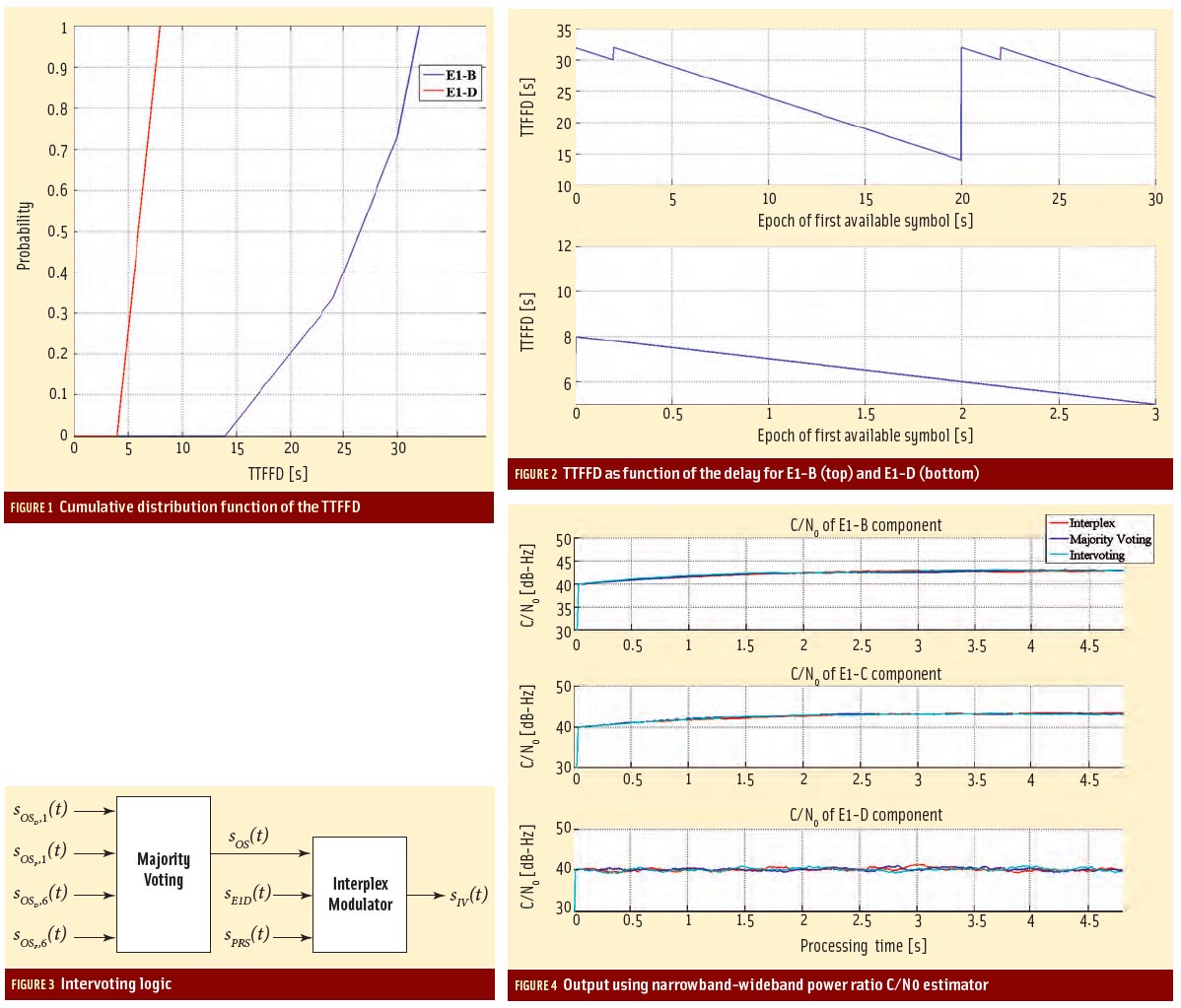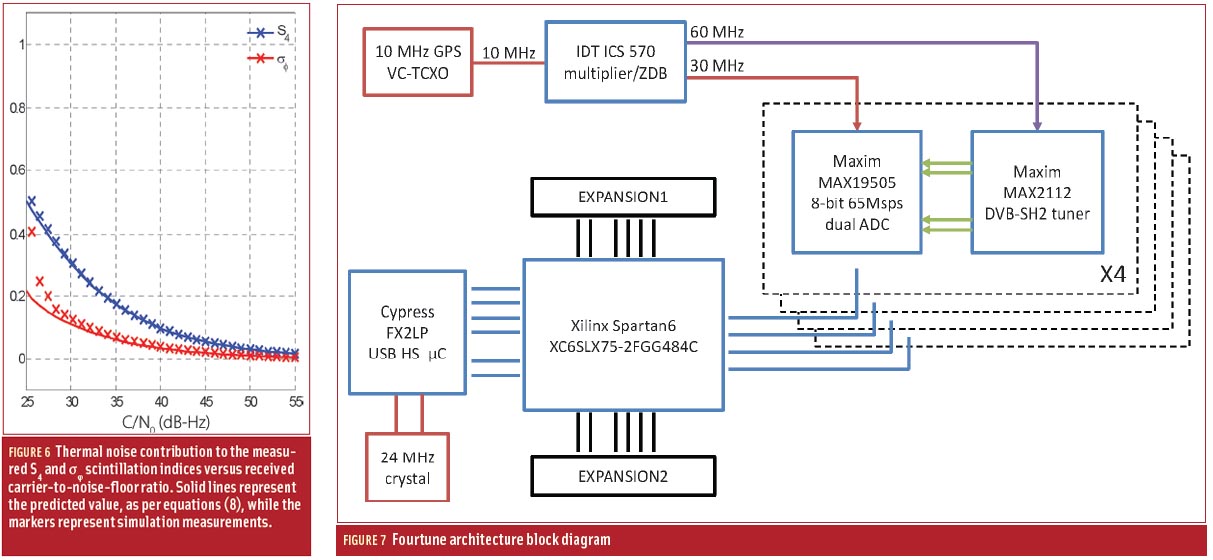The Armed Forces Communications and Electronics Association (AFCEA) Europe held a virtual workshop in early September on the topic of “Cybersecurity in and for Space Operations.” Speakers told attendees of the threats posed to vital space systems, including Galileo and GPS, by foreign hackers, cyber warfare and online espionage, and of initiatives to harden satellite capabilities against cyber attacks.
The European Union (EU) has created a multinational governance framework to manage a sudden emergency or failure in the Galileo system. The European Council has “operational responsibility for crisis management related to the Galileo system,” according to one speaker. The response would be staffed and managed by the European GNSS Agency’s (GSA’s) Galileo Security Monitoring Center (GSMC) with facilities in France and Spain.
The next generation of satellites such as the large constellations of low-orbit minisats for 5G operations will soon become as essential — and as vulnerable. The EU is moving to “harmonize the security governance … of all its critical space capabilities,” modeled on the Galileo crisis management system, according to Carine Claeys, special envoy for space in the European External Action Service.
According to the GSA, the GSMC “monitors and takes action regarding security threats, security alerts and the operational status of the Galileo system’s components. The GSMC is also responsible for managing access to the Public Regulated Service (PRS) and ensures that sensitive information relating to the use of the PRS is properly managed and protected. The Centre also provides PRS and Galileo security expertise and analysis.
“In the event of a security threat to the European Union or to a Member State arising from the operation or use of the system, or in the event of a threat to the operation of the system itself, the Council shall issue instructions to the GSA, and the GSMC is responsible for implementing these instructions.”






